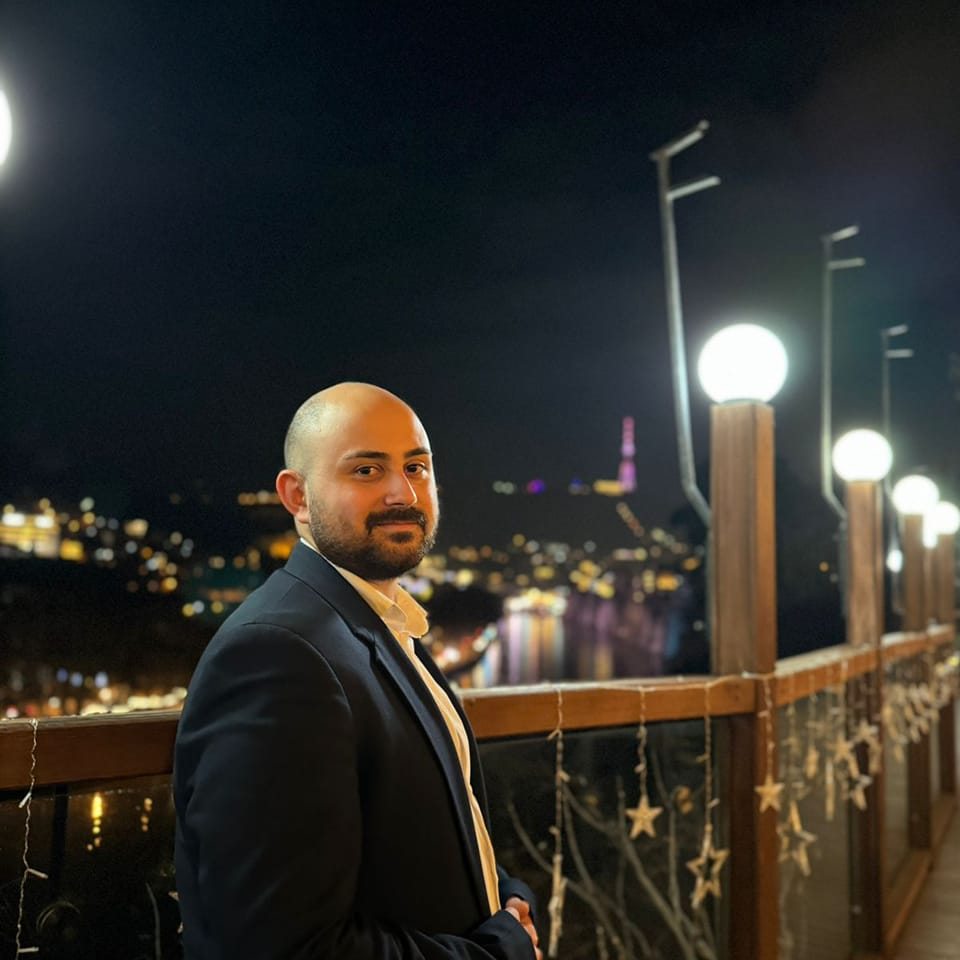
Partners
Georgian Technical University (GTU, Georgia)
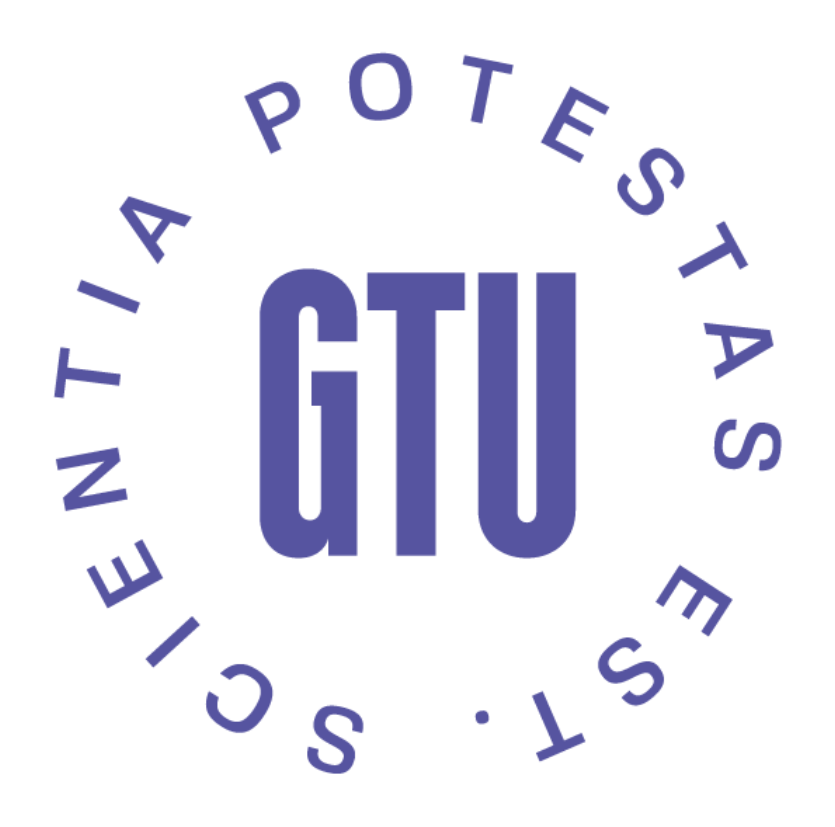
Georgian Technical University's century-old history began in 1922. To reconstruct the country and Georgian science, it was vital to train highly qualified national workers. This was the notion put forth by the renowned Ivane Javakhishvili, rector of Tbilisi State University, founded in 1918, when he established the university's polytechnic faculty.
In 1922, a team was formed with the capacity to create and even expand Georgia's largest engineering and technical school, creating a space that opened up completely new possibilities. They were given the task of discovering new or improving existing ones, building roads, bridges, and one-of-a-kind buildings, establishing laboratories, and contributing to the world's resolution of paradoxes.
Despite several challenges, the work of the then-engineering team advanced the country's development, improved people's lives, and introduced technological advancements. This is how the century's history was formed, and it played an important role in shaping the world in which we currently live. Throughout Georgian Technical University's centuries-long history, alumni have played an important part in the country's economic, social, and cultural growth. They have carried out several enthusiastic and ambitious projects for the country's development, including the creation of one of the most audacious ideas in Georgian engineering, "Engurhesi," and the launch into space of the first Georgian space object, "Reflector."
Partners of Georgian Technical University include the European Organisation for Nuclear Research (CERN), Japan High Energy Accelerator Research Organisation (KEK), America's Particle Physics and Accelerator Laboratory (Fermilab), Jülich Research Centre, Massachusetts Institute of Technology, California, Yale, Bern, Glasgow, and other universities.
Georgian Technical University has 15 scientific research institutes, 1 research center, and 13 faculties equipped with modern technologies and laboratories, which implement 172 educational programmes at all three levels of university education. Graduates have an employment rate of more than 80%, with 75% working in their area of expertise.
Project Team:
Prof. Dr. Lena Shatakishvili
Prof. Dr. Lena Shatakishvili - In 2002, she was awarded the degree of Candidate of Technical Sciences, since the same year she has been working in different positions at the Technical University of Georgia. Currently, she is the dean and professor of the Faculty of Energy. His duties include Ensures the effective conduct of educational and scientific activities at the Faculty and exercises other powers granted to it by the legislation of Georgia .Lena Shatakishvili is also actively involved in current processes in the field of energy, especially in ongoing projects using renewable energies. She is the author of about sixty scientific works, including three monographs and seven textbooks. She is an academician of the Energy Academy of Georgia.
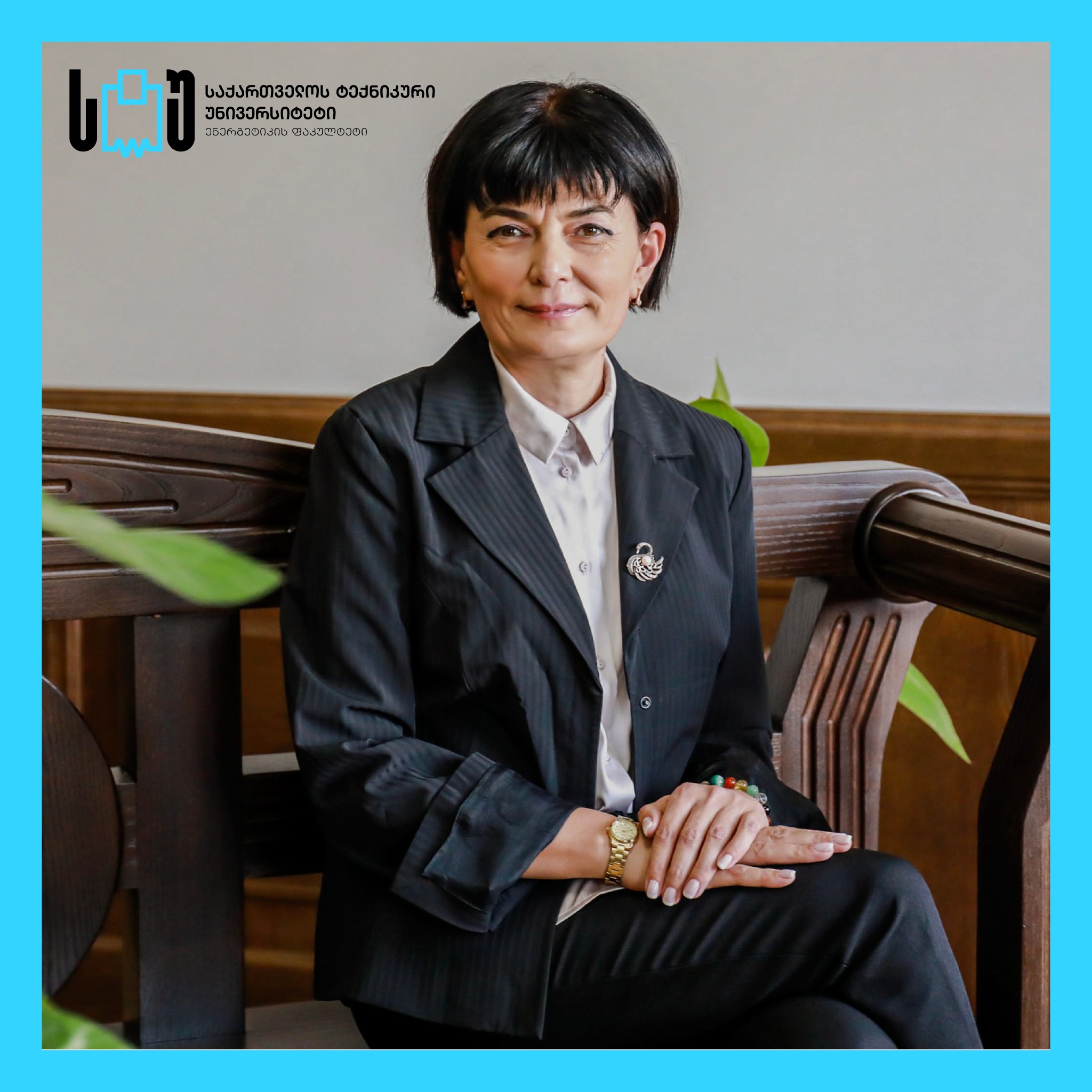
Dr. Natia Arabidze
Dr. Natia Arabidze, Associate Professor at the Faculty of Energy at the Technical University of Georgia, is a distinguished expert in the field of energy management and engineering. Born on September 14, 1977, in Zestafon, she embarked on an academic journey that has since been marked by notable achievements and contributions to the field. Having obtained certification as an energy manager in both Georgia and the United States of America (Atlanta), Dr. Natia Arabidze is a member of the Association of Engineers and Power Engineers.
Her academic pursuits began at the Physics School-Lyceum named after Andrea Razmadze in Kutaisi, where she enrolled in 1994. Dr. Natia Arabidze pursued her undergraduate studies at the Faculty of Energy of the Georgian Technical University from 1994 to 2000. She completed her master's degree in 2002 and undertook postgraduate studies from 2002 to 2004, focusing on theoretical and general heating engineering. Since 2004, Dr. Natia Arabidze has been an integral part of the Technical University of Georgia's academic landscape, starting as a laboratory assistant and steadily progressing through roles as an assistant, professor, and ultimately becoming an associate professor in 2013
In 2005, Dr. Natia Arabidze successfully defended her candidate's degree. She has also authored and published 41 scientific works, including a monograph, showcasing her expertise and contributions to the field. Dr. Natia Arabidze has cultivated collaborative partnerships with various international organizations, such as USAID and the IAEA, further enriching her knowledge in energy and environmental domains. Since 2017, she has been a co-founder of the "Energy and Environment" project, a widely recognized initiative among students. Moreover, starting in 2020, she has been honored to serve as an invited analyst for UNIDO and the Energy Development Fund, showcasing her recognition as a thought leader in the global energy landscape.
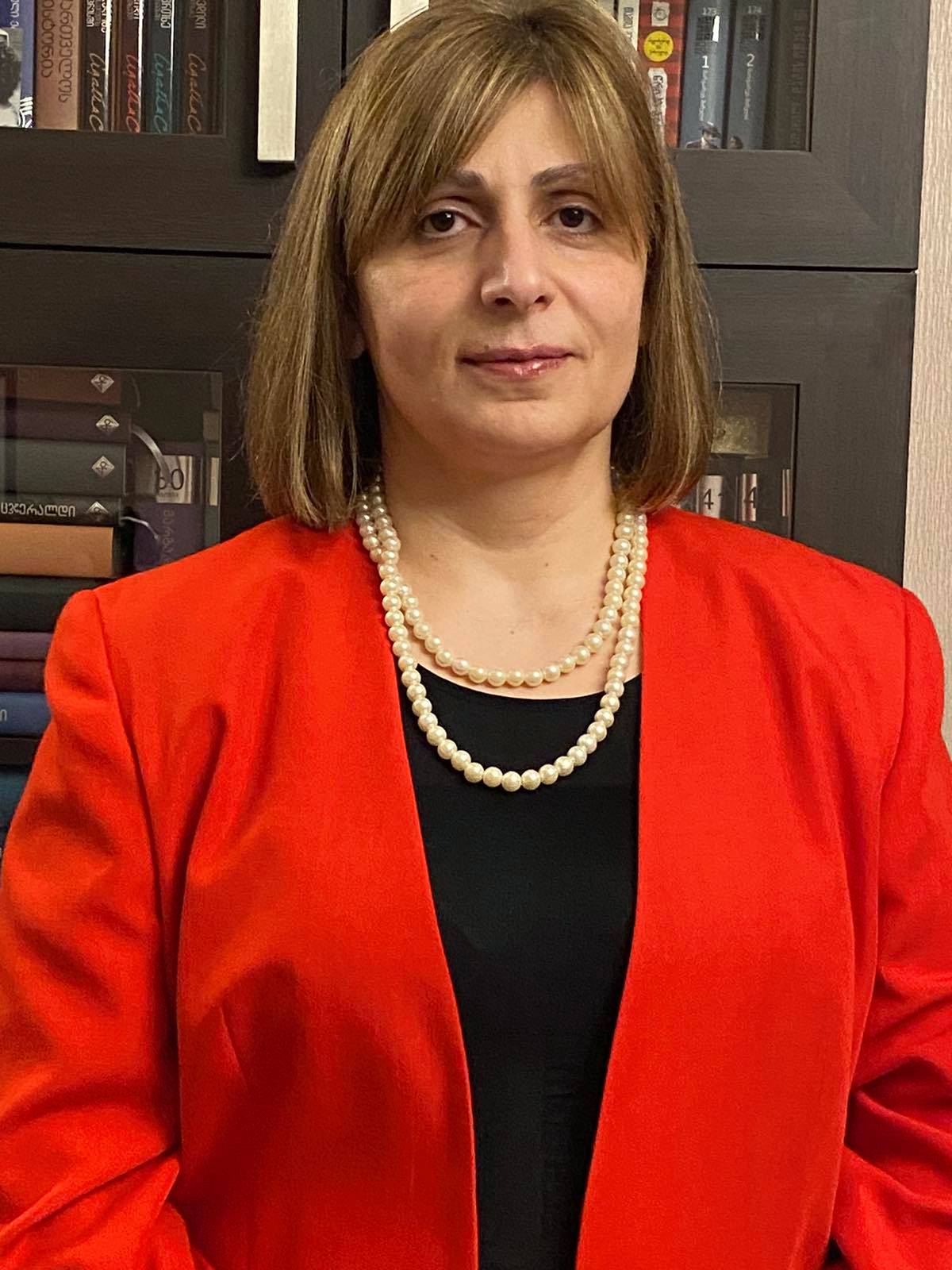
Mr. Nikoloz Kholodov
Mr. Nikoloz Kholodov has a background in energy and electrical engineering. He obtained his energy efficiency, and the impact of climate change on the energy sector. Through his academic achievements and professional endeavors, Mr. Kholodov aims to contribute to the advancement bachelor's degree in 2019 and his master's degree in 2021 from the Georgian Technical University. His expertise spans across energy systems, promotion of renewable energy and of sustainable energy practices.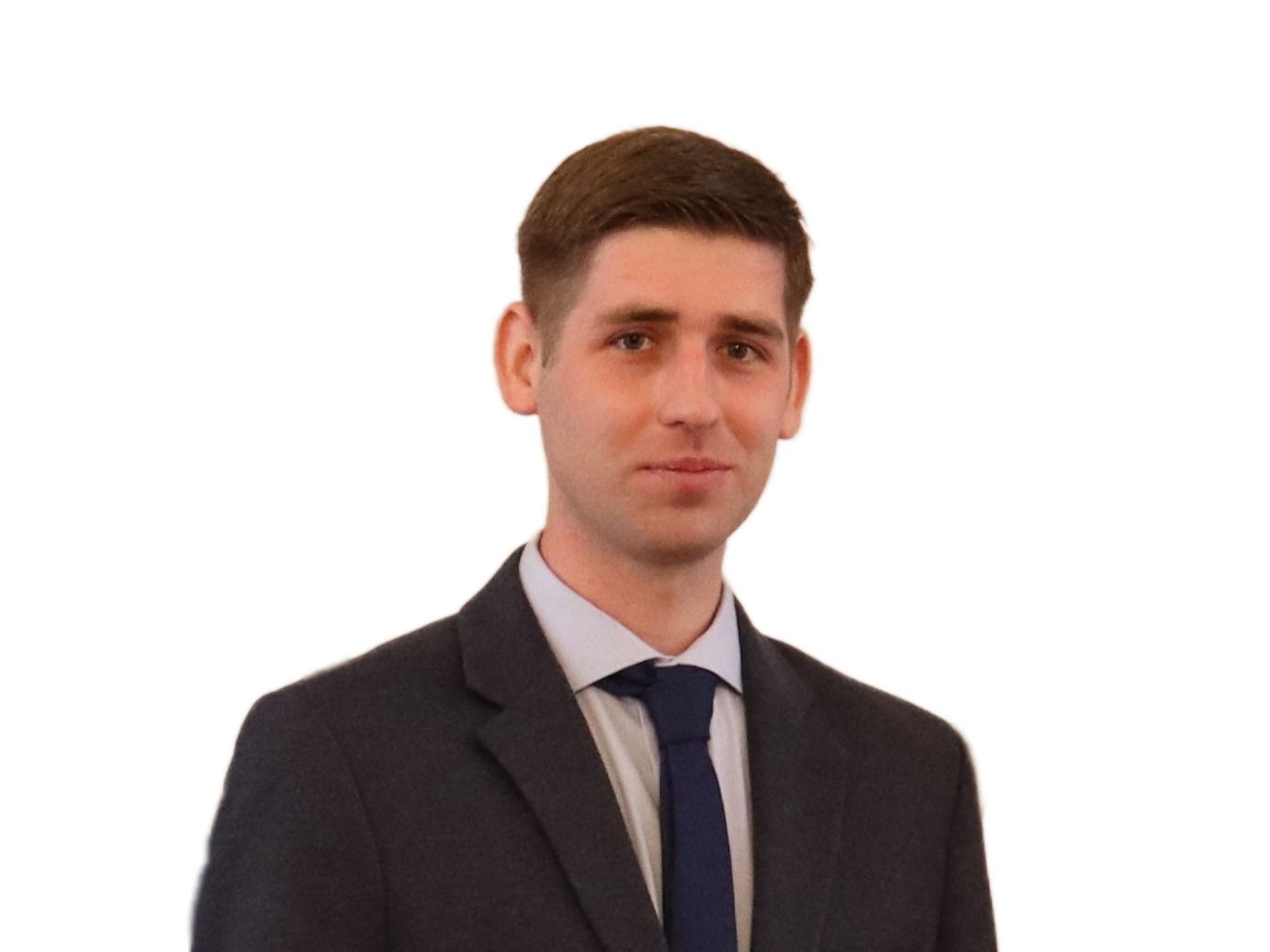
Mr. Soso Mindiashvili
Soso Mindiashvili is a dedicated project manager with a robust background in energy engineering. He holds a Master's degree in Energy Engineering from the esteemed Georgian Technical University, where he acquired comprehensive knowledge and skills in sustainable energy solutions. Soso brings a wealth of experience to his role, having worked on education projects in energy engineering and electronic engineering domains. His expertise was further honed during his tenure as an expert at the Georgian Energy Development Fund, where he contributed significantly to the advancement of energy initiatives in the region since 2020
year.
Currently he is working as a junior specialist in the Ministry of Economy and Sustainable Development of Georgia, within the Energy Efficiency and Renewable Energy Policy and Sustainable Development Department. He is actively involved in developing mechanisms, strategies, and guidelines to promote energy efficiency and renewable energy sectors, aligning with Sustainable Development Goal 7. He has experience of working and training with International Atomic Energy Agency and other organisation on energy policy development and renewable energy issues. This involves intensive work in modeling of Energy Sector trends, data collection, and implementing measures to strengthen grid infrastructure, enhance energy security, and boost renewable energy sources.
